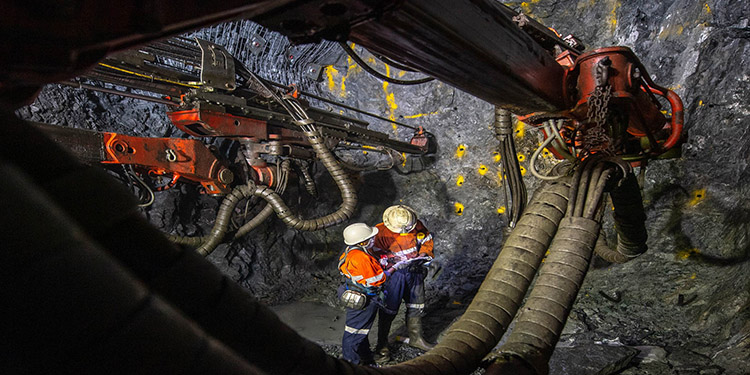
Mr. Kheri Mahimbali, Permanent secretary of the Ministry of Minerals, pledged to make sure that the government and the general public benefit appropriately from investments in significant mining projects.
During the zoom meeting with Tembo Nickel Ltd. management, which also served as a venue to introduce Australian BHP Group Ltd. to the ministry, he made the commitment.
The Kabanga Nickel Project will be a mine-to-metal operation in Tanzania that will produce refined metals of high purity battery grade nickel, copper, and cobalt.
Tembo Nickel, which has been formally established for the mining, processing, and refining of Class 1 nickel with cobalt and copper co-products, is held 84% by Kabanga Nickel Limited and 16% by the government.
The PS gave the investors the assurance that the government would provide the project with the utmost amount of support to ensure improved revenue as well as other benefits.
The first nickel mine in the nation will be established by BHP, the largest mining company, employing the LZM’s refining technology and the resources that are now accessible, including people.
BHP’s investment in Tembo, according to Vice-President for Business Development Ms. Anne Nicacio, is evidence of the government’s successful efforts to draw capital to the mining industry and other sectors.
He stated that BHP is dedicated to supporting partners, economies, the environment, and communities and expressed excitement that this matches with the government’s objective for the future of the mining industry.
Anglo-As the demand for the metal used to build electric vehicle batteries rises, the Australian mining giant BHP has invested 50 million US dollars in Tanzania’s Kabanga Nickel, with a further 50 million US dollars investment agreed upon subject to conditions.
The deposit at Kabanga has in-situ nickel equivalent resources that are thought to be 1.86 million tonnes.
First production is planned for 2025, with a minimum annual nickel output target of 65,000 tonnes for the course of the mine’s estimated 30-plus-year existence.
Once operating at full capacity, Kabanga will also produce 4,000 tonnes of cobalt yearly, a metal that is a byproduct of nickel mining and is used to make high-strength alloys and lithium-ion batteries.
